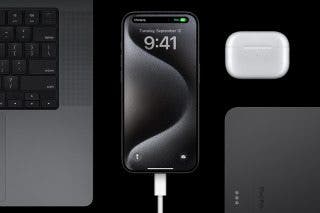Opinion: Apple Deserves Anger, Lawsuits over Throttling Older iPhones


Count me among the many who's feelings right now range from irritated to outraged as a result of Apple’s admission that it has been throttling my older model iPhone’s performance. This tactic, supposedly to help my iPhone perform better, has been carried out without my knowledge and without Apple making any public attempts to educate or inform me of its intent to do so. Had Apple been more transparent about the hows and why of its decision to throttle iPhone performance, and done a better job explaining why it felt this an important step to take, it likely would not have been met with the same level of public vitriol or the class-action lawsuits that it currently faces.
Even if you didn't already know about, or hadn't experienced Apple's device throttling for yourself, chances are you’ve probably heard about Apple’s recent admission to throttling iPhone performance relative to a device's battery health. If you’re like me, it will come as little surprise to you that the performance of your Apple iPhone declines as new iPhones (and new operating systems) are released to the public.
Many of us longtime iPhone customers have observed this same frustrating phenomenon repeat itself year after year after year. We’ve even been ridiculed as conspiracy theorists for proclaiming that Apple is knowingly engaging in a less than transparent, unspoken policy of planned obsolescence. Well, now we’ve been vindicated to some degree, as Apple has come out and publicly admitted to deliberately throttling the performance of iPhones after as little as a year. Yes iPhone 7 owners, that means you too.
I know, I know, it’s for our own best interest they tell us, but the bottom line is that when one of the world’s largest and most profitable companies makes a clandestine decision to diminish the performance of a high-value product without disclosing their intent to implement such a plan, we the people have every right to be indignantly disappointed. So despite my affection for Apple products, I’m happy to see that class-action lawsuits have promptly been filed, with the potential of justice being served.
Maybe after the year that was 2017 I’m just at my wit’s end with companies and organizations manipulating and taking advantage of everyday folk. Regardless of what big oil companies, pharmaceutical companies and political parties may or may not be complicit in, I’d like to think that Apple was beyond such nefarious and duplicitous behavior. Simply put: Apple, if you are going to limit the performance of a device many of us paid close to $1,000 for, it would be nice to know about it, and to be informed of the fact that a simple battery replacement could potentially reinvigorate a poorly performing iPhone. Honestly, it makes me suspicious that there is more to the story than Apple simply looking out for our best interest by throttling our iPhone’s performance, especially since we all know that iPhones that perform well over longer periods of time equate lower revenue for the tech juggernaut.
Since I know that this issue will be of significant concern to many of our readers, I’m including a few links below, which you can follow if you feel compelled to add your name to the list in what may turn out to be an historic class-action law suit.
I have ordered a replacement battery for my old iPhone 6 Plus and I will let you all know how my iPhone's performance stacks up once I've got that installed. Currently my iPhone battery is performing at 65 percent capacity (1900/2917 mAh) with 35 percent wear level, which is considered a very high wear level. I've also included a link to a battery level analysis app, which will let you know where your iPhone sits with regard to battery health and performance.
Relevant Links:
- Law firm: Wilshire Law Firm
- Law firm: Atlas Consumer Law
- Law firm: Fazzio Micheletti LLP
- Free app to check detailed stats for your iPhone battery: Battery Life
- Link to PDF of one of the first law suit filings over this matter: https://www.documentcloud.org/documents/4335644-Applesuit.html

Dig Om
As Senior Gear Editor at iPhone Life, Dig reports on the latest and greatest accessories built for the iOS ecosystem. From rugged gear and Bluetooth speakers, to headphones, unique iDevice cases, and iOS remote controlled vehicles, Dig's articles cover a wide range of great gear for the iPhone and iPad. A core gamer for over three decades, Dig also writes iPhone Life's Game Centered column, which focuses on the best iOS games and game related news. Additionally, Dig's company, iDoc Tech Support, offers web design and administration services as well as iPhone and iPad repairs. When not at his work desk, Dig loves spending time with family and enjoying the wonders of nature. You can follow him on Twitter @idoctech
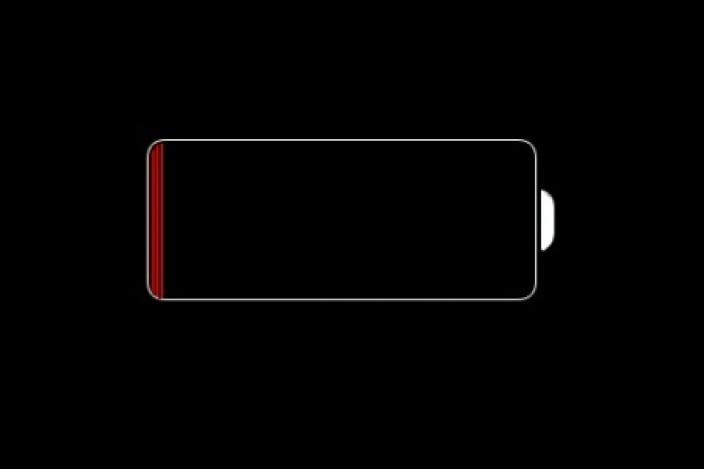

 Olena Kagui
Olena Kagui
 Rhett Intriago
Rhett Intriago
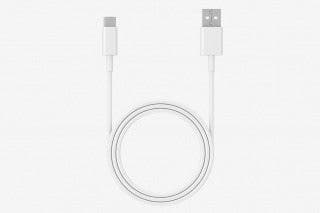
 Leanne Hays
Leanne Hays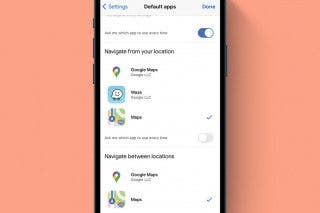
 Amy Spitzfaden Both
Amy Spitzfaden Both

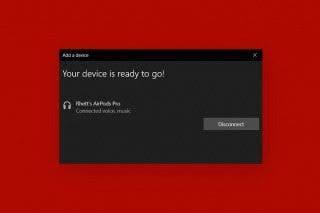
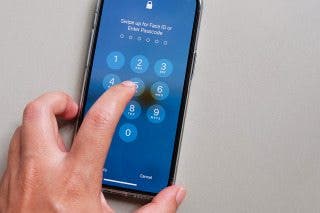
 Cullen Thomas
Cullen Thomas
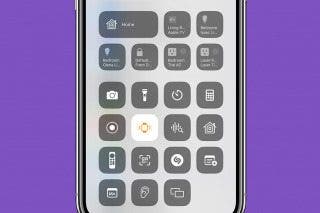

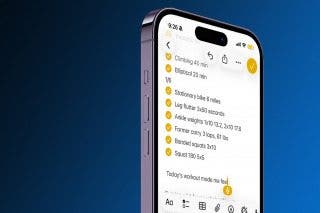
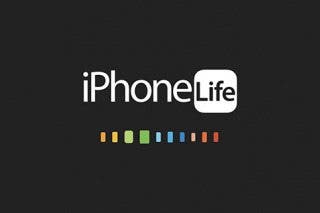
 Susan Misuraca
Susan Misuraca
